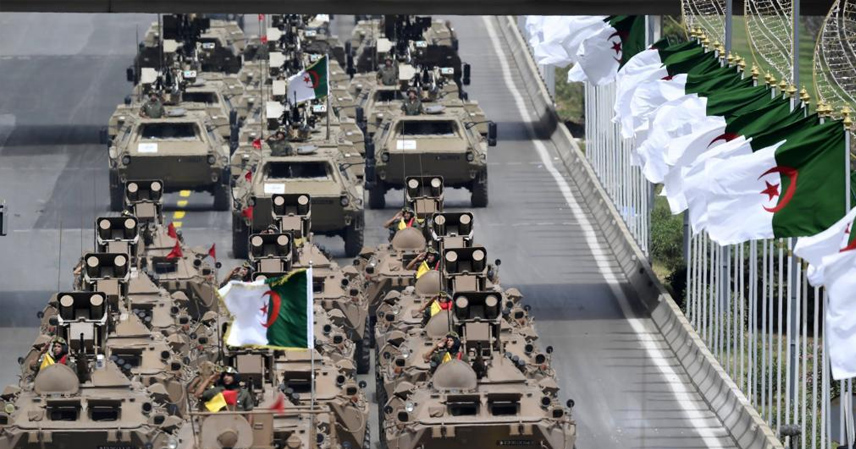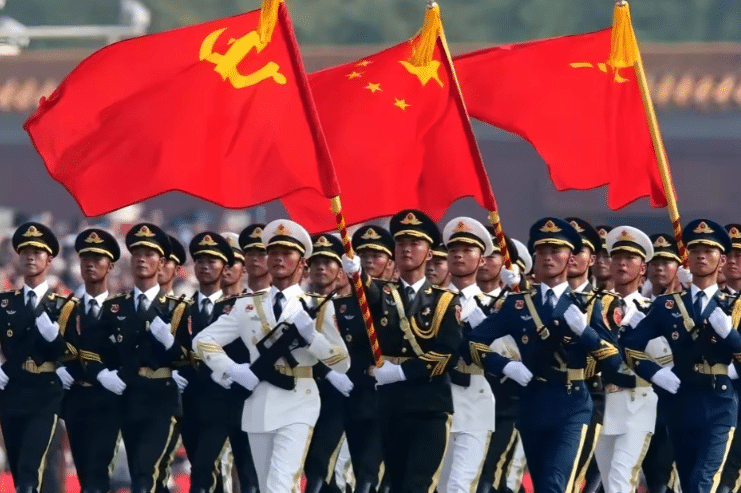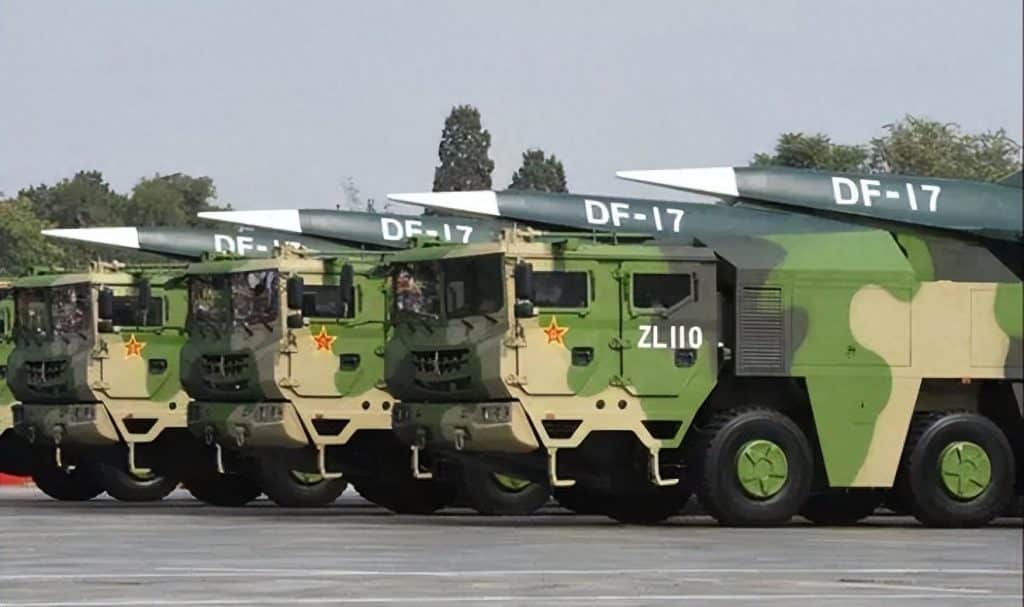In recent weeks, tensions across the Middle East have flared once again. Following a direct order from Prime Minister Benjamin Netanyahu, Israeli forces reportedly launched airstrikes within a 72-hour span targeting six neighboring Arab states. The strikes have drawn sharp global attention — not only for their intensity but also for whom they spared.
Among the nations in the Arab League, Algeria stands out as the one country Israel has consistently avoided provoking. Despite being part of the same cultural and religious community as Israel’s recent targets, Algeria’s unique military composition and strategic alliances make it an exceptional case — and perhaps the one Arab state Israel dares not strike.
An Outlier in the Arab World
Located in North Africa with a landmass of over 2.3 million square kilometers and nearly 50 million inhabitants, Algeria is the largest country in both Africa and the Arab world. It shares borders with Tunisia, Libya, Morocco, and other Arab-majority states, forming part of the same regional bloc.
Yet, when it comes to defense policy, Algeria has long diverged from its Arab neighbors. While Gulf states and North African countries have largely depended on U.S. and European defense systems — from F-16 and F-35 fighter jets to Patriot missile batteries — Algeria charted an independent course.
Since gaining independence from France in 1962, Algeria has built its military power on Chinese and Russian equipment, avoiding reliance on Western arms suppliers. This strategy, born of necessity and pragmatism, has over decades evolved into a cornerstone of Algeria’s national defense doctrine.
A Military Built on Russian and Chinese Firepower
Following independence, the newly formed Algerian state prioritized national defense amid Cold War-era rivalries. Soviet and later Russian equipment became its backbone — affordable, durable, and politically aligned with Algeria’s non-Western stance.
Today, Algeria maintains one of Africa’s most formidable militaries, with around 130,000 active soldiers and a heavily mechanized ground force. Its arsenal includes more than 1,300 third-generation main battle tanks, most of them Russian-made T-90s — more than the combined total in service in France, Germany, and the United Kingdom.
The image of a thousand tanks rolling across North Africa’s desert is not mere symbolism; it underscores Algeria’s capacity to mobilize a large and sophisticated armored corps.
China’s footprint is equally visible. The Algerian Army deploys Chinese-made 155mm self-propelled howitzers, giving it significant long-range firepower. In aerial defense, Algeria’s air force operates a powerful mix of Russian Su-30, MiG-29, and even Su-34 fighter-bombers — the latter rarely seen outside Russia’s own fleet.
Complementing these are China’s HQ-9 (Red Banner 9) surface-to-air missile systems, “Wing Loong” drones, and modern radar networks. The HQ-9, known for its precision and cost-effectiveness, forms the backbone of Algeria’s air defense grid.
A Rising Reliance on Chinese Systems
For decades, Russia supplied the majority of Algeria’s weaponry. But as Moscow’s defense exports declined under the strain of sanctions and domestic constraints, China has emerged as Algeria’s primary alternative.
Chinese defense products — affordable, reliable, and delivered without political strings — fit Algeria’s non-aligned foreign policy. Unlike U.S. or European systems that often come with usage restrictions or remote control safeguards, Chinese and Russian platforms grant full operational sovereignty.
That distinction matters. In recent conflicts, even U.S. allies such as Qatar and Saudi Arabia have seen their multi-billion-dollar air defense networks compromised or bypassed. When Israeli aircraft recently penetrated the defenses of Qatar — a state that has invested hundreds of billions in American hardware — it raised uncomfortable questions about dependency on Western military systems.
By contrast, Algeria’s combination of Russian heavy platforms and Chinese precision systems allows it to act independently. Neither Beijing nor Moscow has shown an inclination to “lock” or remotely disable exported hardware, a practice occasionally alleged among Western suppliers.
Why Israel Stays Away
In this context, Algeria’s deterrence capability extends beyond weaponry. With its vast geography, domestic arms integration, and political autonomy, Algeria represents a far more complex target than smaller, U.S.-aligned Arab states.
Israel’s strategic calculus is clear: a confrontation with Algeria could draw in both Moscow and Beijing indirectly, disrupting broader geopolitical balances. Moreover, Algeria’s growing ties with China — spanning energy development, infrastructure, and defense cooperation — reinforce its position as an emerging regional power.
Even within the Arab League, Algeria’s military independence gives it a distinct voice. While many of its neighbors rely on U.S. defense umbrellas, Algeria maintains a self-sufficient doctrine. This posture has earned it both respect and caution — even from states as militarily assertive as Israel.
The Broader Implications
Algeria’s rise as a military outlier in the Arab world carries implications for the region’s future security architecture. Its deepening partnerships with China and Russia highlight the gradual multipolarization of Middle Eastern defense relations, challenging decades of U.S.-European dominance.
For Israel and Western powers, Algeria’s model demonstrates the limits of sanctions and export control as tools of influence. For developing nations, it offers an alternative path — one rooted in diversified alliances and technological self-sufficiency.
As geopolitical tensions surge across the Middle East, Algeria’s quiet strength and independent defense policy may prove to be its best shield. In a region defined by volatility, the one Arab nation Israel chooses not to strike may speak volumes about where real deterrence now lies.
References
- Al Jazeera (2025, October). Regional Airstrike Escalations Across the Middle East
- The Jerusalem Post (2025, October). Israel’s Expanding Air Operations and Regional Implications
- Defense News (2025, September). Algeria’s Evolving Military Strategy and Procurement Trends
- China Daily (2025, August). Algeria Deepens Defense Cooperation with China and Russia
- SIPRI Database (2024). Algeria Military Expenditure and Arms Imports



